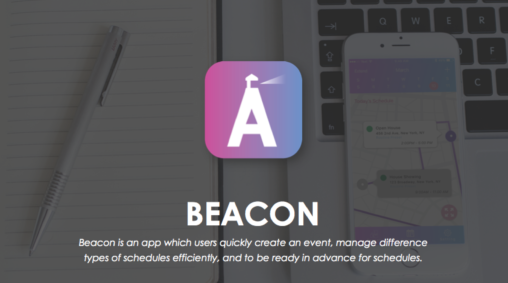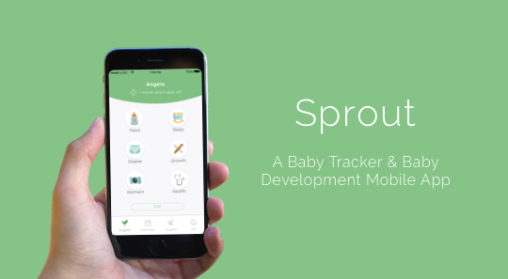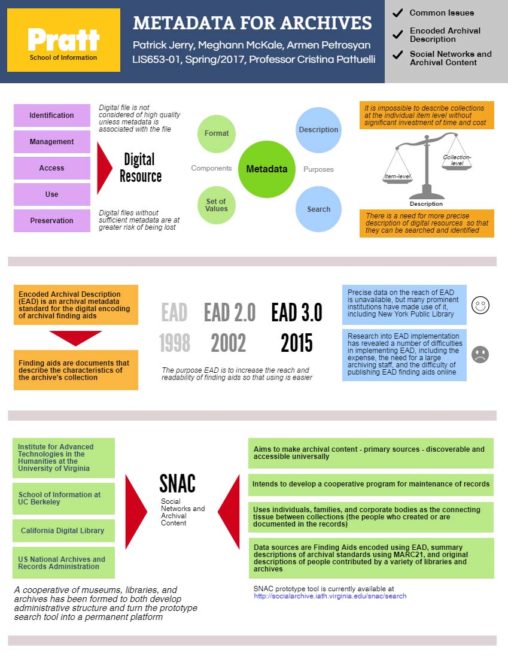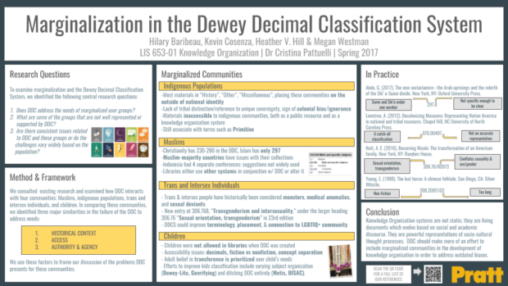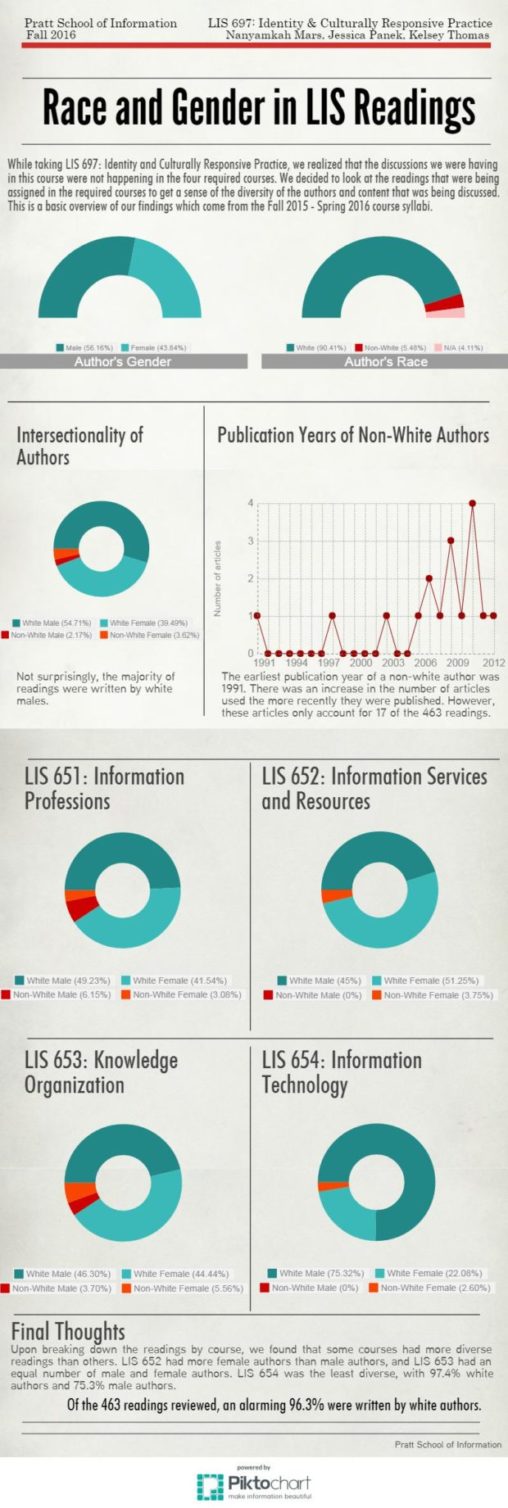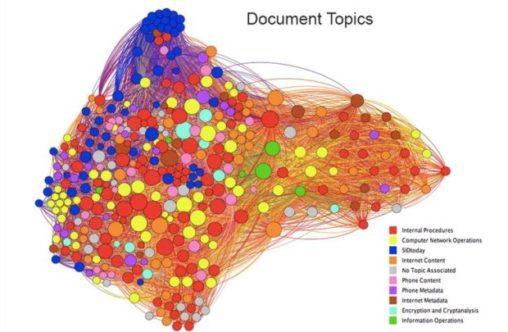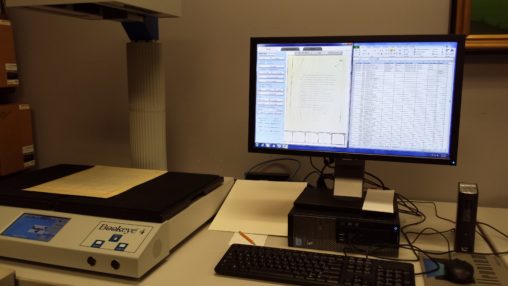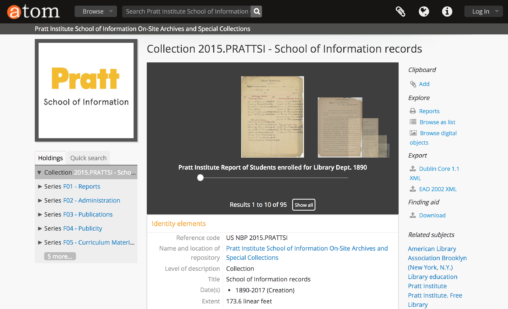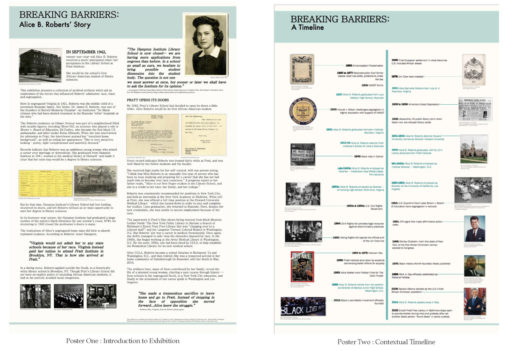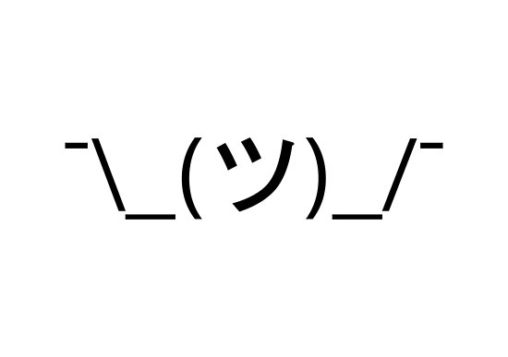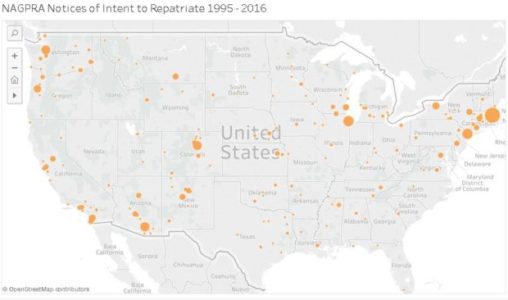Page 20 of 33
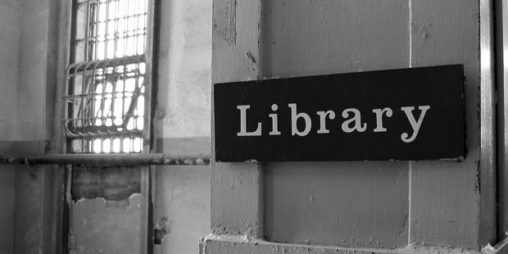
This paper will provide an overview of the current state of libraries within jails, prisons, and youth facilities: their policies, the programs they run, and their impact on incarcerated individuals. By examining collection development, patron privacy, prison law libraries, reference services, the school-to-prison pipeline, literacy programs for youth, and technology and information literacy, I hope to show the range and breadth of what prison libraries seek to accomplish.
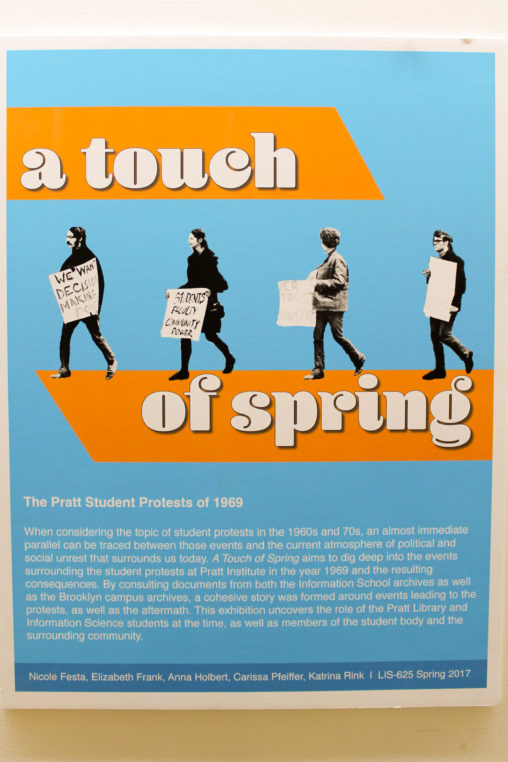
In the spring of 1969, Pratt Institute erupted in protest.
Students, faculty, workers, and members of the community joined together and forced the school to shut down to address issues of civil rights, neighborhood gentrification, and other social and political concerns.
This presentation discusses an exhibition currently on display on the 6th floor that makes use of archival records documenting this turbulent period.
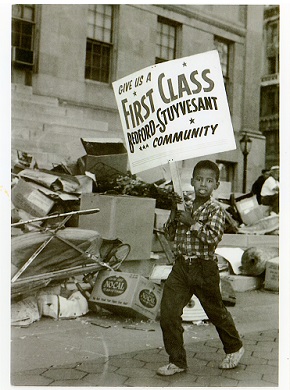
Projects in Digital Archives students present on a collaborative project with the Brooklyn Public Library to digitize audio interviews from the Civil Rights in Brooklyn Project. The interviews include interviews with notable civil rights activists from the Brooklyn chapter of the Congress of Racial Equality (CORE).
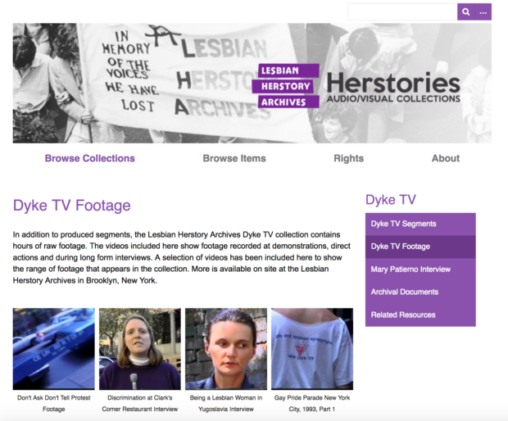
In this presentation, students from the course LIS 668 Projects in Moving Image and Sound Archives present their work in digitizing, curating and making available to the public the public-access television program DykeTV. The collection is housed at the Lesbian Herstory Archives and was reformatted from aging analog U-Matic video.
This paper examines incidents occurring in the 20th century onward, with particular focus, though not exclusively, on the destruction of cultural heritage institutions and sites during World War II, the breakup of Yugoslavia and subsequent civil wars, and the current conflicts in Iraq and Syria. Through these examples, I intend to discuss various preventive measures employed in the face of different situations, evaluate and compare the successes and failures in each instance, and suggest ways that further destruction can be avoided.
This panel presentation describes a service-learning partnership with the New York Public Library’s Correctional Services Department, answering reference questions mailed from people incarcerated not only in New York City and State prisons and jails but also in prisons and jails across the country.
“This paper examines archival activism, from the originators of this line of thinking to the most recent conjectures. Adding some important concepts and thoughts about how archives and archivists can evolve an activist approach, making it evermore substantial by actively engaging in the public arena. I will take a more in depth look at how an activist lens and mindset affects diversity and identity formation, accountability and
social justice, in order to ultimately bring change through awareness and action. I will anchor these claims with examples from the considerable work that has and is being done by communities and archivists, both in America and abroad. But first I would like to share some of the scholarship on archival power and activism that has been done since Howard Zinn, as to provide a bit of a backdrop for the concept of archival activism.”
